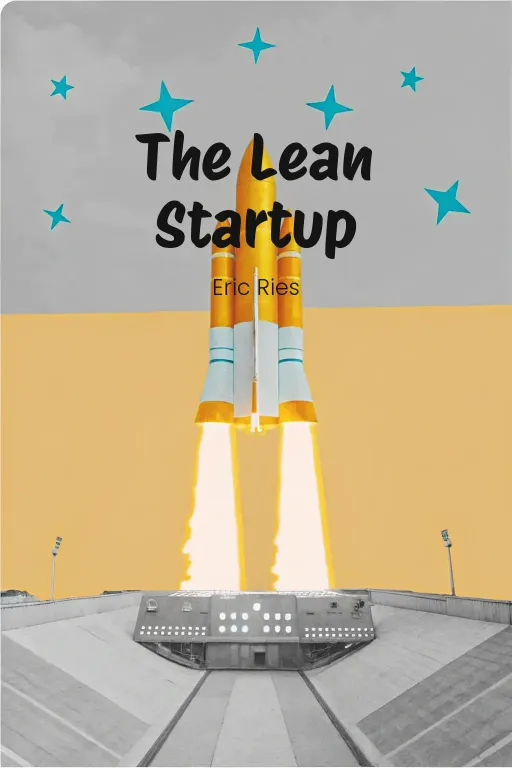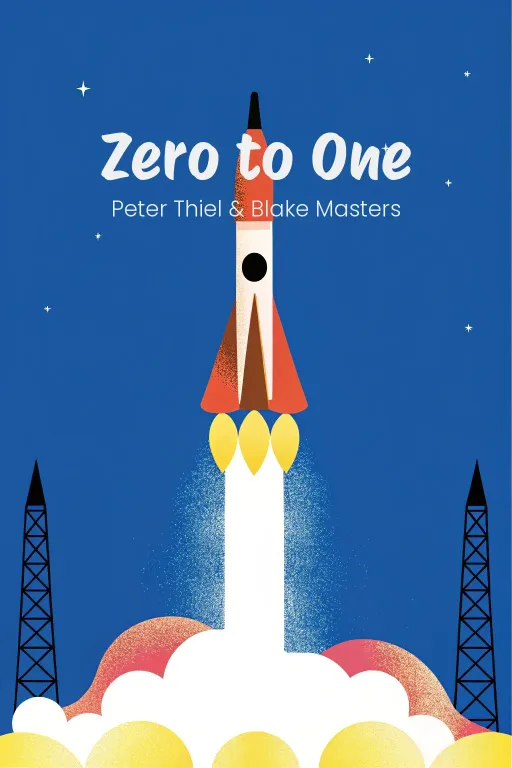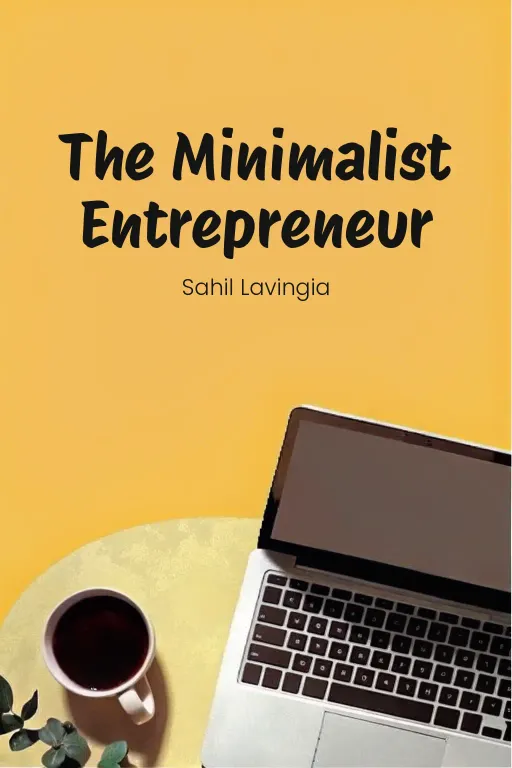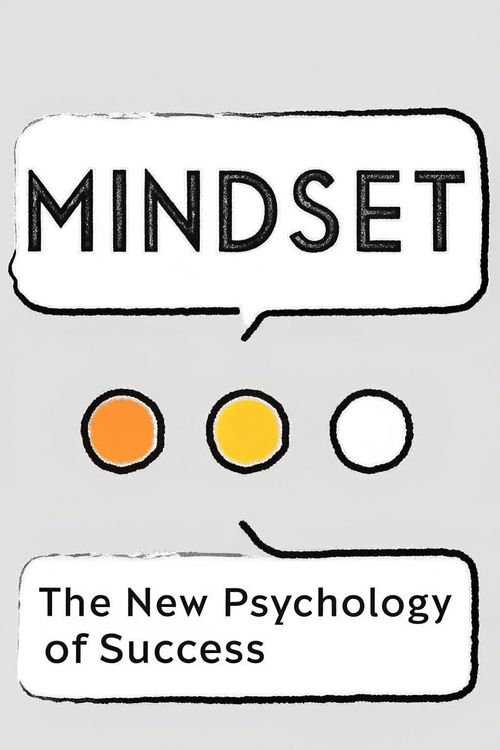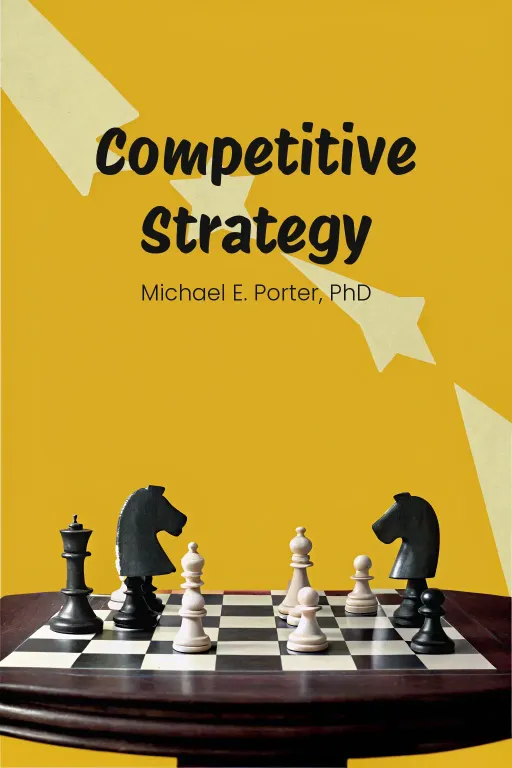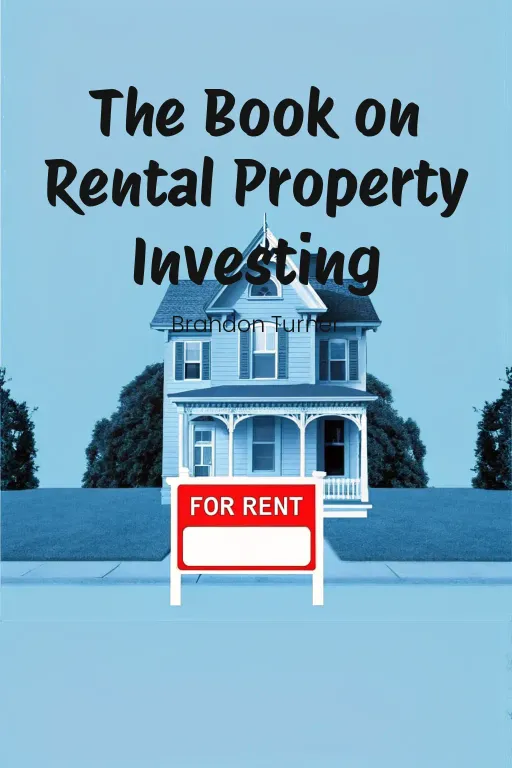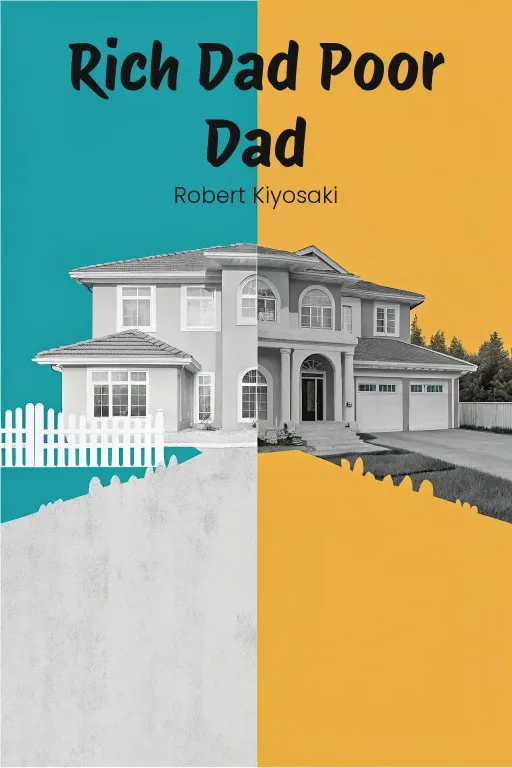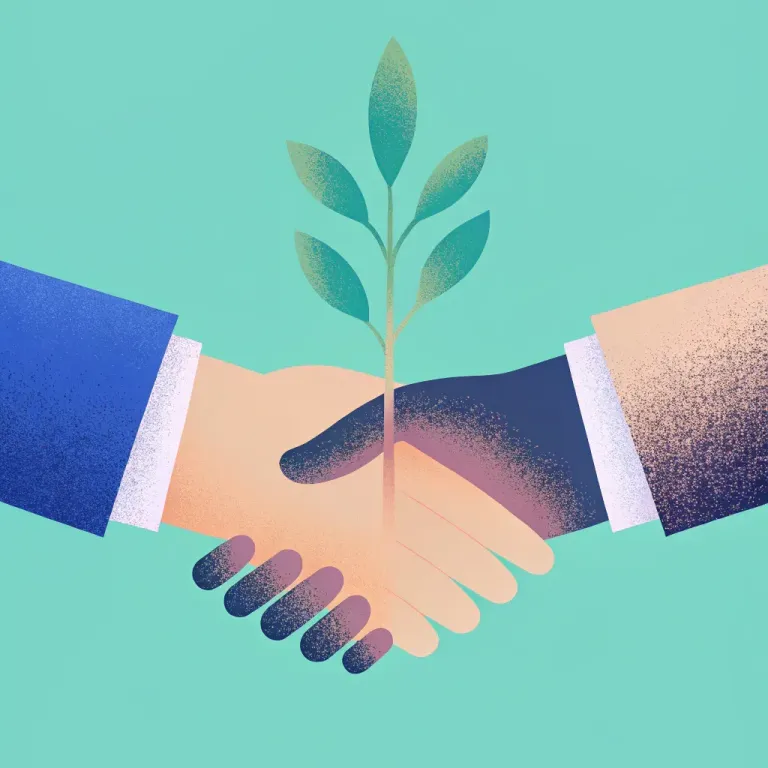
Love Your Biz: Community-First Profits
Podcast by MBA in 5 with Roger
How Great Founders Do More with Less
Love Your Biz: Community-First Profits
Roger: Feeling pressured to build the next unicorn, even if it drains your resources and sanity? What if there's a more sustainable, fulfilling way to build a business you genuinely love running, starting today? Roger: That's the heart of "The Minimalist Entrepreneur" by Sahil Lavingia. He argues true entrepreneurial success isn't about chasing venture-fueled hypergrowth. Instead, it's about building a profitable, sustainable business from day one, deeply rooted in serving a specific community. Think of it like nurturing a thriving garden – you cultivate the soil of community first, understanding its needs, before planting the seed of a product. If there's one thing to remember, it's this: Start with community, prioritize profitability, and build the business you want, not the one investors demand. This community-first approach is the key to building something lasting and meaningful. Roger: So how does this work practically? The foundational lesson is crystal clear: Start with Community. Before dreaming up a product, find your people. Immerse yourself in a community you genuinely care about. Understand their passions, frustrations, and needs by actively participating. Sahil highlights Sol Orwell, who became deeply involved in the r/Fitness subreddit. He wasn't selling; he was contributing, listening, building trust for years. Only then did he identify a real need—reliable health information—and co-launch Examine.com with the community, ensuring he was solving problems they actually cared about. Roger: Building on that deep understanding, the next principle is to Solve a Real Problem, Simply. Forget complex, feature-loaded products initially. Pinpoint a specific, painful problem your community faces and create the simplest possible solution – the Minimum Viable Product. Lavingia's own company, Gumroad, began this way: helping creators easily sell digital files. Just upload, share, get paid. This minimalist approach lets you test your core idea with real users and gather crucial feedback before investing heavily. Roger: This naturally leads to Growing Authentically and Profitably. Minimalist entrepreneurship rejects the 'growth at all costs' mantra. Focus instead on sustainable growth fueled by genuine connection and sound financials. Market authentically by sharing your journey, like Lavingia did when openly discussing his "failure" to build a billion-dollar company – that vulnerability built immense trust. Structure for profitability from the start: keep costs lean, perhaps begin as a side project, and prioritize building a business that serves your life, not consumes it. It’s about endurance, not just speed. Roger: Why is "The Minimalist Entrepreneur" essential reading? It provides a refreshing, actionable alternative to the often-toxic startup hype, offering a blueprint for building a business that’s profitable, sustainable, and personally fulfilling. It empowers you to build on your own terms. Here’s your immediate action step: Identify one community you're genuinely part of – online or offline. Spend just 15 minutes today observing or thinking about one specific, recurring frustration its members face. Don't solve it yet, just notice it. That's the first step on the minimalist path to building something meaningful. Roger: This has been Roger for MBA in 5. Go build something that matters.
